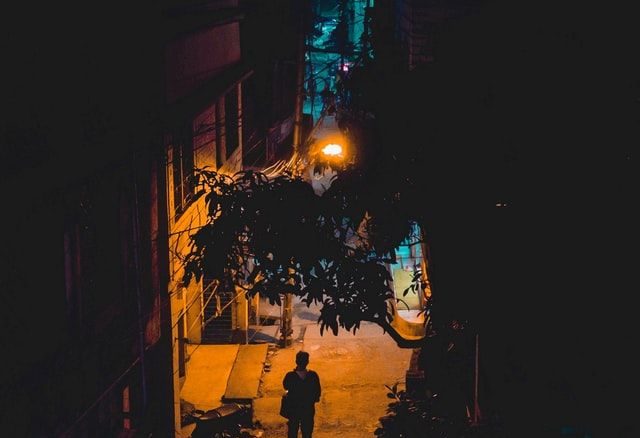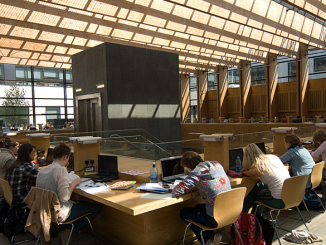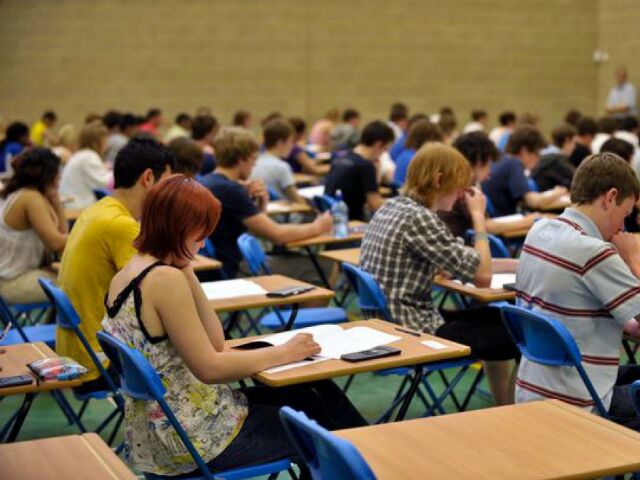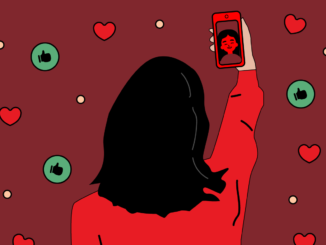
[dropcap]A[/dropcap]s winter approaches, it is important to remember that the shorter and darker evenings can prove to be very scary if you are a woman.
Winter evenings can cause the fear of you, or a friend being sexually assaulted to become overpowering.
Sexual assault is defined as “an act in which one intentionally sexually touches another person without that person’s consent or coerces or physically forces a person to engage in a sexual act against their will.”
Winter is just around the corner and life for women is different to that of their life in the bright, sunny evenings of summer and spring. Rape is the biggest crime, apart from murder, that women fear.
This predominantly “female fear” comes from the actual risk of assault, as well as victim blaming. Sexual violence is usually perpetrated by males against females, yet the narrative is always focused on the woman.
More often than not, a news headline will read “woman X was raped” and never “man Y convicted/accused of rape.” The narrative almost always involves the woman rather than the male who committed the crime.
This puts the emphasis on women, which makes it a woman’s problem instead of putting the focus and the attention on the rapist or sexual abuser.
The clothes she was wearing, the time of day, the location and whatever she was drinking are not to blame. The abuser is to blame.
Women are urged to take extra care while drinking around men. Women are urged to have rape whistles and hold keys between their fingers.
Women are urged not to walk anywhere alone at night, but when are men urged not to rape? Men need to be held accountable in order for any changes to be made. This is how we protect women.
One in three women have experienced sexual abuse of some kind in their lives, yet in most groups of three men, not one will know or admit to knowing a man who has sexually abused someone.
Every woman knows another woman who has been a victim or sexual abuse, yet there are approximately only 1153 people on the sexual offenders list in Ireland.
In a country where there are roughly 2,800,000 males and 2,500,000 females, how is it that so many women have been sexually abused but so little men are sexual abusers?
In light of the recent events surrounding the late Sabina Nessa and Sarah Everard, we must continue to do everything in our power to keep women safe.
Sarah Everard, an innocent woman, aged 33, was raped and killed by a policeman named Wayne Couzens as she walked home from her friend’s house in London. Everard was wearing a hat, coat, and long pants but was still a victim of sexual crimes.
She was on the phone to her boyfriend while walking home, when shortly after the police officer pretended to arrest her and then proceeded to rape, strangle, and burn her body.
Sabina Nessa was a 28-year-old primary school teacher who was recently killed while walking to a bar to meet her friend. The bar is less than five minutes from her home, but in such a short space of time, Nessa was not safe from a predator. Her body was later found in Cator Park in Bromley, England.
The Rape Crisis Network of Ireland (RCNI) aims to end all forms of sexual violence. RCNI share their expertise with other agencies such as policy makers, government departments and youth organisations.
“We do so through one-to-one engagement, such as consultation on the school curriculum… and through participation in conferences, most recently presenting at the UN at the invitation of the Irish government,” they stated.
Sexual assault can lead to feelings of depression, loneliness, and difficulties with sleep, to name but a few.
In order for women to stay safe this winter, I do not want to recommend always walking with a friend, or wearing modest or bright-coloured clothing, or avoiding unlit roads on your way home.
Instead, for women to stay safe, we need to ensure schools are educating young girls and boys adequately on sexual violence and consent, including the impact that alcohol, drugs, and pornography have on it. Systems of support and reporting sexual violence should also be standardised.
In an RCNI exploration of sexual harassment amongst adolescents, 47% of adolescents said they would not know how to report sexual harassment had they been exposed to it.
More ways to prevent sexual assault are to educate yourself on the problem, volunteer at a crisis centre to raise awareness, use your social media and engage the people in your community.
It does not go without saying that men are victims of sexual assault too. Male rape is very prevalent, but this is about victim blaming women and telling them how they should, walk, talk, dress and act.
Women are taught to be afraid from a young age, when in reality, men should be taught not to rape from a young age.
Men need to call out men. It is a minority of men who are doing this but the ones who are are consistent and deliberate. They do it for control and power.
If men begin to call out other men, that feeling of control and power is removed and hopefully changes to feelings of shame and embarrassment for the perpetrator rather than for the victim.
Jayde Maher
Image Credit: Stellar_Speck on Upsplash



